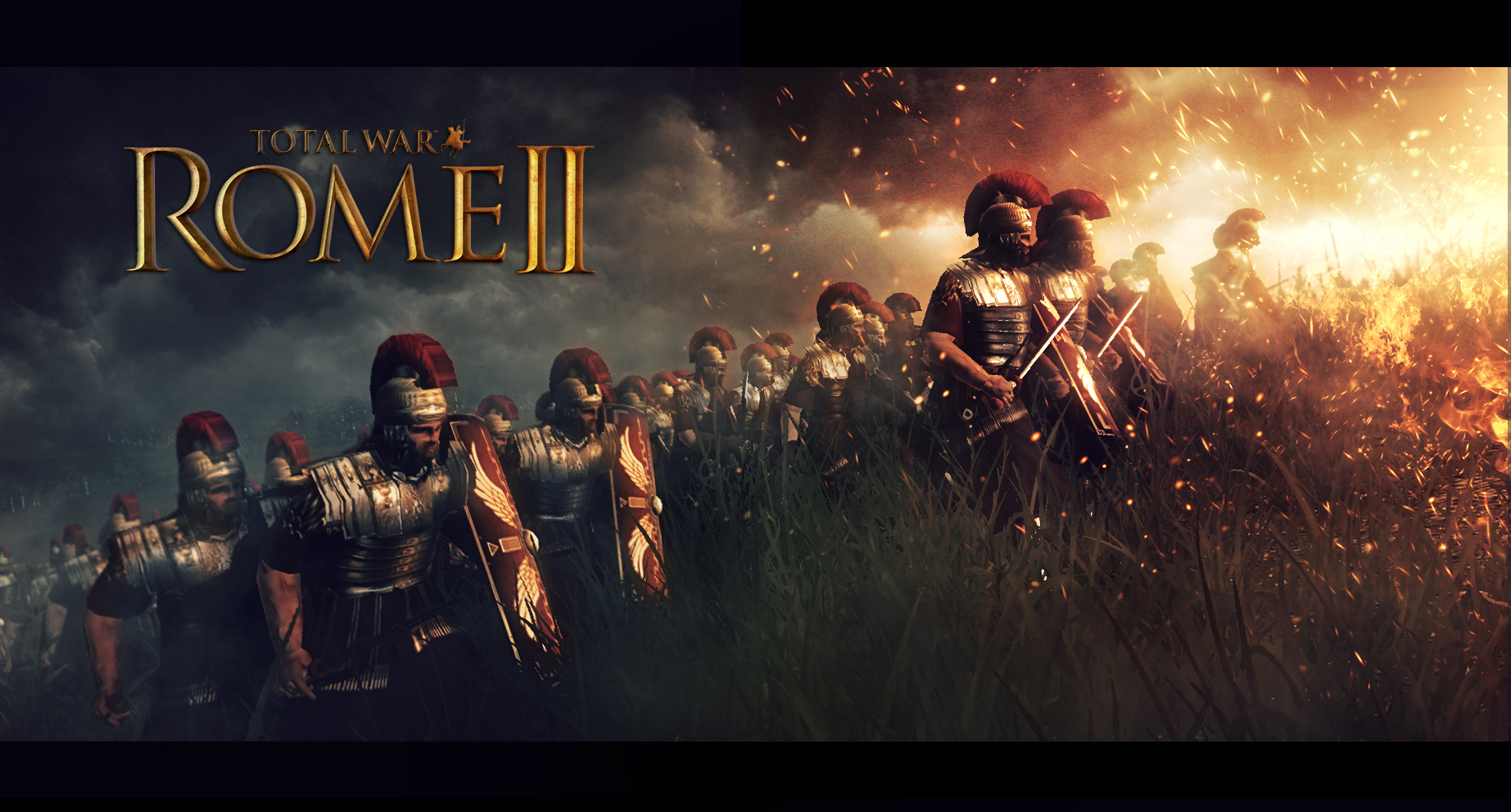Video games have had a bad reputation for basically as long as they’ve been around. To begin with, they were portrayed as the purview of losers and fringe geek-types. Increasingly, they are blamed for any random act of violence that gains media attention. But when you’re talking about an industry that is larger than the movie industry and has been for some time now, it’s difficult to write it off as a mere niche activity. Moreover, not only is there no evidence that video games induce violent behavior, there are also good reasons to believe that video games can have positive cognitive and social effects on gamers.
One of the fears about modern technology that gets a lot of airtime is the notion that we risk destroying our ability to focus for prolonged periods on tasks that require all of our attention. Nicholas Carr has made himself the chief representative about this point of view. Drawing on neuroplasticity research, he argues that a great deal of tech services are set up in a way that rewires our brain to seek instant gratification for minimal attention, and in the long run makes it harder for us to get anything else.
Though the rise of casual gaming along the lines of Angry Birds certainly is a part of the trend that Carr describes, the biggest names in video gaming have always encouraged long term focus rather than discouraged it. Platformers, the genre of which Super Marios Bros. is a part, require gamers to devote all of their attention as they jump from place to place, for bad timing and failure to notice an obstacle inevitably result in death. MMORPGs such as World of Warcraft are famous for sucking gamers in for hours and hours over the course of months. This may be cause for concern for some reasons, but discouraging focus is surely not one of them. If Carr’s hypothesis holds, then games such as these should actually wire gamers’ brains in a way that makes it easier for them to focus on longer tasks in general.
One of the sources of satisfaction that modern cognitive scientists emphasize is finding opportunities to experience what is known as “flow“. Flow is the sensation of working right at the edge of one’s abilities. If you’ve ever had a bad streak where it felt as though you were performing worse than you were capable of but seemed unable to come out of it, you might say that that’s the opposite of flow—flow is the very best possible streak. It’s exhilarating while it lasts, and it feels fragile—like any small distraction could derail you.
Who knows this sensation better than a gamer? Take Super Meat Boy, the ultra-hard platformer highlighted in the documentary Indie Game: The Movie. Anyone who has devoted hours to playing this game knows what it is like to suddenly hit a streak in which a level that seemed impossible is suddenly overcome all at once. Flow is the cognitive payoff that gamers receive for devoting enormous amounts of time to focusing on trying to solve very specific problems.
Having a sense of place within a community is another important aspect of personal satisfaction, and here again gaming has much to recommend it. Far from its reputation of being isolating, gaming is and has always been an intrinsically social activity. To begin with, we got into gaming because our friends were into it, and we sought the games that we heard about through our friends. We shared our progress, as well as tips and tricks we learned about, with our friends. Gaming provided a common ground for connecting with new people or breaking the ice at a gathering. Even when we did not know one another personally, we were connected to each other through our common experience of playing the same games and reading the same magazines.
Today there is far more community among gamers than there ever has been. The chief cause is of course the Internet, both because access to forums and chat programs and social media allows communities to better connect in general, and because gaming increasingly harnesses connectivity directly. Xbox Live made real-time interaction among gamers playing the same game the gold standard of hardcore gaming. Games like World of Warcraft encourage seeking out new companions to accomplish in-game goals.
There is a school of thought with a long history—far predating modernity—which holds that the path to the good life is to devote oneself to a craft, of which the arts are considered a part. One need not take a position on the debate over whether video games are an art form in order to agree that the creating of video games is a craft. It requires animators, programmers, designers, composers, and increasingly writers as well. Obviously many indie games simply involve one or two people taking on all of these roles—but it’s clear that every one of these tasks is itself a craft, so it is no big leap to say that their combination is a craft as well.
Technological progress and new funding mechanisms such as Kickstarter are making it easier than ever for people to devote themselves to this craft. Moreover, the community aspects of gaming and the net in general are making it possible for gamers to increasingly participate in the process of creating games. Be it through criticism, through contributing to a Kickstarter campaign, or through promoting a favorite creator on social media, gaming is taking on all of the larger activities associated with any form of culture.
Critics of the ill effects of technology tend to think that video games are the biggest problem area of all. I hope I have offered some evidence that, in fact, gaming can be a countermeasure against some of modernity’s downsides. More than that, participation in the gamer community can be an uplifting and fulfilling activity.
